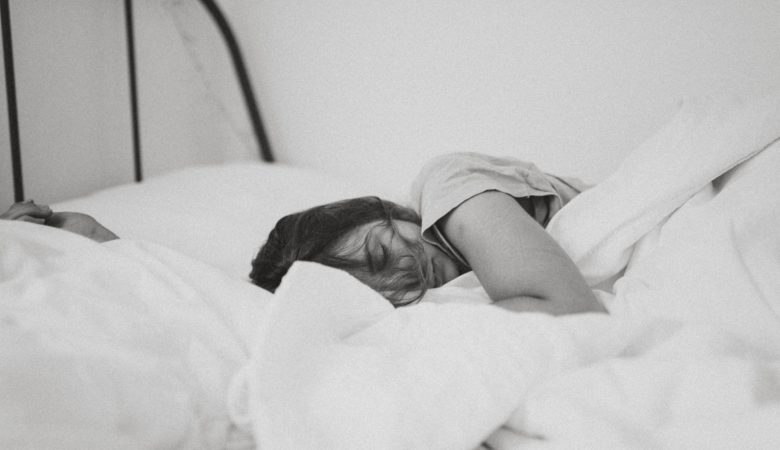7 Ways to Create a Restful, Restorative Sleep Environment

It’s hard to believe that there was ever a time we resisted naps—but those were more well-rested days. As a child, the idea of voluntarily missing out on anything seems unfathomable. As adults, however, most of us would gladly risk FOMO for more restful sleep.
Our desire for better sleep isn’t just an indication that we’re getting older. Sleep deprivation is an actual torture technique. The less sleep you get, the more you’re at risk for certain cancers, weaker immune response, lowered sex drive, diabetes, cognitive difficulties, weight gain and car accidents. Good sleep is literally a matter of life and death.
Given the choice between sleep or death, the vast majority of us will choose sleep. Here’s how to turn your bedroom into a sleep palace.
The science of good sleep
We’re still not sure why we sleep, even though we know it’s important. Researchers have dedicated decades to exploring the mysteries of sleep, from circadian rhythms to healing functions.
When you go to sleep, your body temperature drops, you expend less energy, your brain activity drops and your respiratory and heart rates drop. Your brain and body go through multiple sleep cycles throughout the course of the night. Each last from 70 to 120 minutes. One stage leads to the next, until you eventually reach REM sleep. REM sleep is believed to be essential to your brain function, so it’s crucial that you stay asleep long enough to get there.
One of the ways your body regulates sleep is through your circadian rhythms. Light exposure is often a sign that it’s time for you to wake up—which is why your sleep environment is so important.
Stress, hunger, caffeine intake, electronic devices and hormone levels can also affect your sleep. Creating a good sleep environment is more than just buying the best mattress and fluffy pillows. You also need to take good care of your health.
How to create your own restorative sleep environment
Here are some tips to create a sleep haven.
- Make sure your mattress is comfortable: The right mattress is key to good sleep. However, not everyone’s idea of comfort is the same. Ideally, you should look for a mattress that’s firm enough to support your back comfortably, but isn’t so painfully hard that you wake up feeling bruised. If you sleep with a partner, consider getting a dual-sided adjustable mattress.
- Get the right pillows: Supportive pillows are important for good sleep. It’s hard to feel rested when you’ve got a crick in your neck. Whether you’re a back, side or stomach sleeper, there are plenty of pillows available for your specific needs.
- Pay attention to bedding: Good bedding can make the difference between a restless night or deep restful sleep. If you tend to wake up overnight because you’re too hot, look for breathable sheets (cotton or bamboo) with moisture-wicking properties. Some people swear by gravity blankets, which provide a pleasant weight. If you sleep with a partner and find yourself constantly fighting for the blanket, try getting two. (It might just save your relationship as well as your sleep.)
- Keep it cool: When your body temperature drops, it signals to your brain that it’s time to go to sleep. (You can encourage this by taking a hot bath or shower just before bed. As you dry off, your body temperature will lower and you’ll start to feel sleepy.) Therefore, it’s important that you keep your bedroom to a reasonably cool temperature.
- Embrace the darkness: Since light exposure is a cue to wake up, keep your bedroom as dark as possible. Blackout shades are a great way to reduce light throughout the night—even if you live in a busy city. If you’re a day sleeper, they’re a must.
- Mute noisemaking devices: It’s hard to fall asleep when your phone’s notifications are constantly going off. Mute your phone, laptop and anything else that could wake you overnight.
- Ban electronics and work: Finally, keep your electronics and work-related items out of the bedroom. You should associate your bedroom with sleep and other nighttime activities, not work. The blue light exposure from devices will negatively affect your sleep cycle, too.
Following these tips will help you get a better night’s sleep, which will dramatically improve your overall well-being. If you needed an excuse to invest in better sleep, remember the negative consequences simply aren’t worth it.

